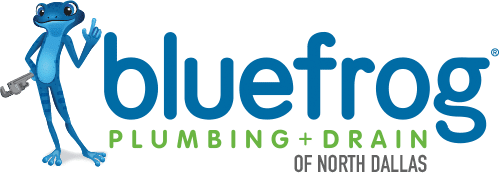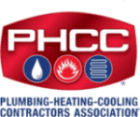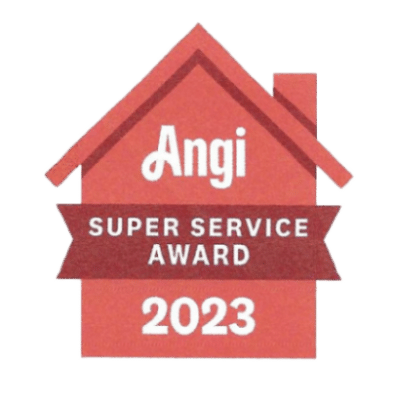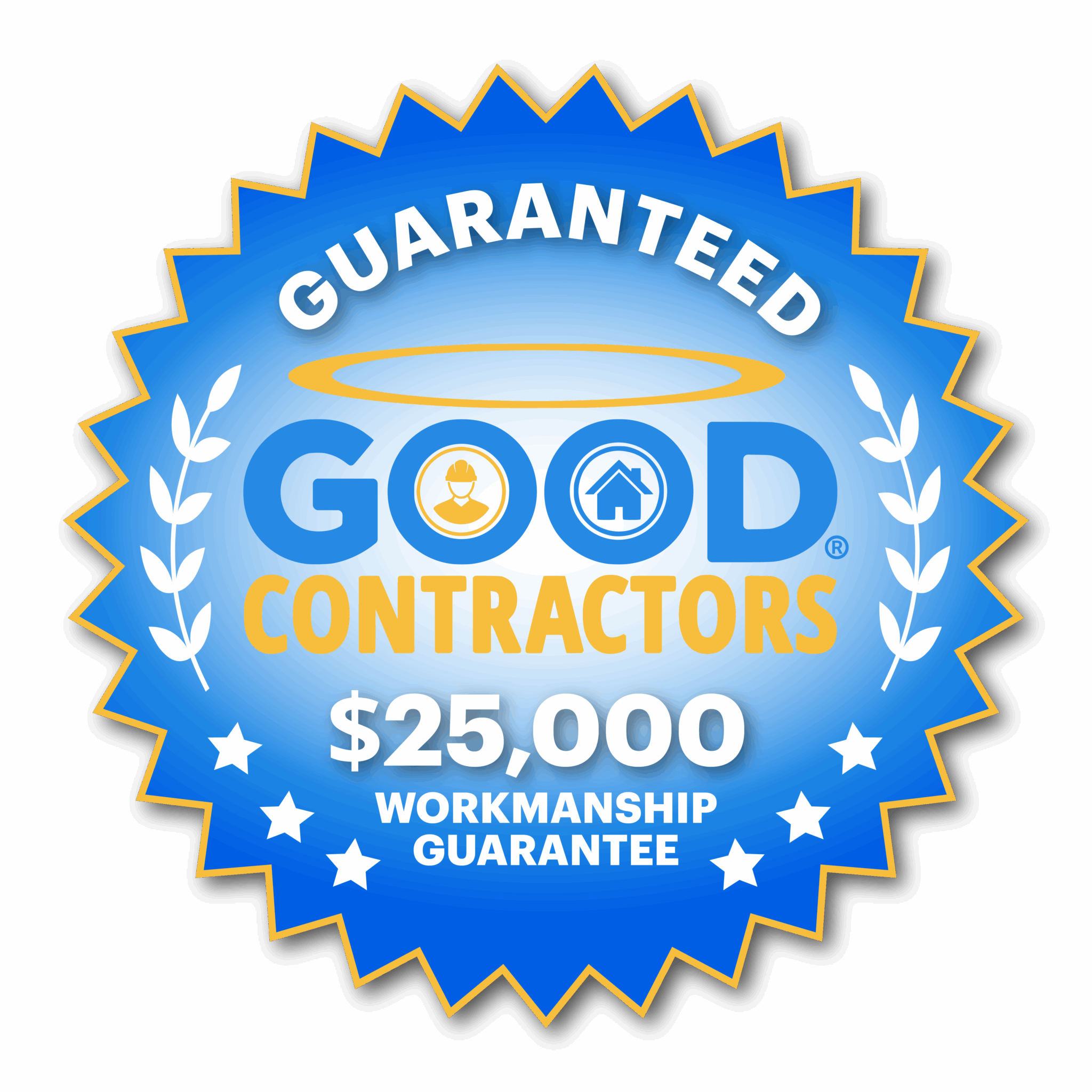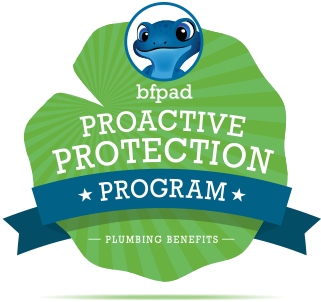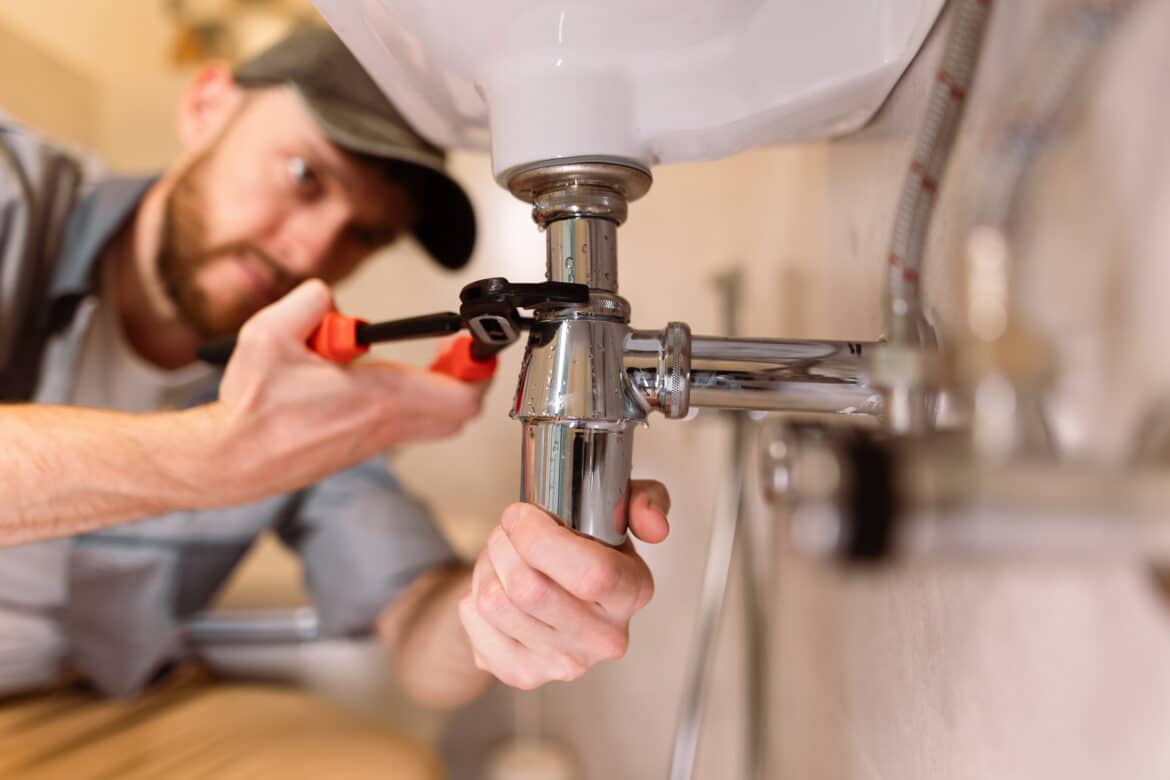
Plumbing Maintenance in Old Homes
Plumbing Maintenance – Do you own an old home? Maintaining the plumbing system is crucial for preserving the house’s integrity and avoiding costly repairs. Older homes often have aging plumbing systems that require regular attention. Neglecting maintenance can lead to serious issues like leaks, water damage, and inefficient water usage.
Importance of Plumbing Maintenance in Older Homes
Old homes possess charm and history but often come with outdated plumbing systems. These systems can be prone to wear and tear, leading to frequent issues. Regular plumbing maintenance ensures that the plumbing system operates smoothly and efficiently. It also helps in identifying potential problems before they escalate into significant issues. This proactive approach saves time, money, and stress.
Overview of common issues in older homes
Older homes often face several common plumbing problems. Leaks and drips are typical, often resulting from corroded pipes or worn-out seals. Clogged drains are another frequent issue, usually caused by accumulated debris over the years. Low water pressure is also common, stemming from pipe buildup or outdated fixtures. Addressing these issues promptly can prevent further damage and maintain the home’s functionality.
Maintaining the plumbing system in old homes is not just about fixing problems but also about ensuring the system’s longevity and efficiency. By understanding the importance of regular plumbing maintenance and the common issues that arise, homeowners can take the necessary steps to keep their plumbing systems in top condition.
Understanding the Plumbing System in Old Homes
Types of plumbing systems commonly found
Old homes can have a variety of plumbing systems, each reflecting the technology and materials of their time. Common types include galvanized steel pipes, which were popular until the 1960s, and cast iron pipes often used for drain lines. Copper piping, known for its durability, became more common in the mid-20th century. Each type has unique characteristics and plumbing maintenance needs, requiring homeowners to understand their specific system for effective upkeep.
Common materials used in older plumbing systems
Older plumbing systems often utilize materials like galvanized steel, copper, and cast iron. Galvanized steel pipes are prone to corrosion and can cause reduced water flow over time. Copper pipes are durable but can develop pinhole leaks. Cast iron, used primarily for sewer lines, is strong but susceptible to rust and cracking. Understanding these materials helps in diagnosing issues and planning appropriate plumbing maintenance or replacements.
Challenges with older plumbing systems
Older plumbing systems come with their set of challenges. Corrosion in galvanized steel pipes can lead to rust-colored water and clogs. Copper pipes, while reliable, can suffer from corrosion due to water acidity, causing leaks. Cast iron pipes, though durable, may crack under pressure or develop rust, leading to blockages and sewer issues. Recognizing these challenges allows homeowners to address problems proactively and maintain the integrity of their plumbing system.
Understanding the plumbing system in old homes is crucial for effective plumbing maintenance. By familiarizing themselves with the types of systems and materials commonly used, homeowners can better diagnose issues and implement appropriate solutions. This knowledge is the foundation for preserving the functionality and efficiency of an old home’s plumbing system.

Identifying Common Plumbing Problems
Leaks and drips
Leaks and drips are common in old homes and can lead to significant water damage if not addressed promptly. They often occur at joints or connections and can result from corroded pipes, worn-out washers, or loose fittings.
Even minor leaks can waste gallons of water over time, increasing your water bill. Regularly inspecting visible pipes and fixtures can help catch leaks early. If you notice a persistent drip or unexplained damp spots, it’s time to take action.
Clogged drains
Clogged drains are another frequent issue in older homes. Over the years, debris, hair, soap scum, and other materials can accumulate in the pipes, leading to slow drainage or complete blockages. Kitchens and bathrooms are particularly susceptible. Regularly cleaning drains with natural solutions, like baking soda and vinegar, can help prevent build-up. Avoid pouring grease or large food particles down the sink, and consider using drain guards to catch hair and debris.
Low water pressure
Low water pressure can be a sign of several underlying problems. It might be caused by pipe buildup, leaks, or issues with the main water supply. In older homes, mineral deposits and corrosion inside the pipes can restrict water flow.
To diagnose low water pressure, check if the issue is isolated to one fixture or affects the entire house. Cleaning aerators and showerheads can sometimes improve flow, but persistent problems may require professional inspection and pipe replacement.
Identifying common plumbing problems in old homes is the first step toward effective plumbing maintenance. By being aware of issues like leaks, clogged drains, and low water pressure, homeowners can take proactive measures to address them. Regular inspections and simple preventative practices can save time, money, and stress, ensuring the plumbing system remains functional and efficient.
Annual Plumbing Maintenance Routine
Plumbing Maintenance Tip #1: Scheduling a professional inspection
An annual professional inspection is crucial for maintaining your home’s plumbing system. A licensed plumber can identify and address potential issues that might not be visible to the untrained eye. They will check for leaks, inspect the water heater, evaluate water pressure, and ensure all fixtures and pipes are in good condition. Scheduling this yearly inspection helps catch problems early, saving you from costly repairs and water damage.
Plumbing Maintenance Tip #2: Flushing the water heater
Flushing your water heater once a year is essential for its longevity and efficiency. Over time, sediment can build up in the tank, reducing heating efficiency and increasing energy costs. To flush the water heater, turn off the power supply and water, attach a hose to the drain valve, and let the water run out until it’s clear of sediment. This simple task can extend the life of your water heater and ensure it operates effectively.
Plumbing Maintenance Tip #3: Inspecting sewer lines
Annual sewer line inspections can prevent significant plumbing issues. Tree roots, debris, and corrosion can cause blockages and damage in older sewer lines. A professional plumber can use a camera to inspect the lines and detect any problems. Early detection of sewer line issues allows for timely repairs or replacements, avoiding unpleasant backups and costly damages to your home.
Performing these annual plumbing maintenance tasks is essential for keeping your home’s plumbing system in optimal condition. Professional inspections, water heater flushing, and sewer line checks help prevent major problems and ensure the system operates efficiently. By dedicating time to these annual tasks, homeowners can enjoy a reliable and trouble-free plumbing system.
Preventing Plumbing Issues
Plumbing Maintenance Tips for preventing clogs
Preventing clogs is key to maintaining a smooth plumbing system. Avoid pouring grease, coffee grounds, and food scraps down the kitchen sink. Use a drain guard to catch hair and debris in bathroom drains. Regularly clean drains with a mixture of baking soda and vinegar followed by hot water to clear minor build-ups. These simple practices can help keep your drains clear and prevent costly blockages.
Plumbing Maintenance Tip: Reducing water pressure to protect pipes
High water pressure can strain your plumbing system and lead to leaks or burst pipes. To reduce water pressure, install a pressure regulator on your main water line. The ideal pressure range is between 40 to 60 psi. Regularly check the pressure with a gauge and adjust as needed. By maintaining proper water pressure, you can extend the life of your pipes and fixtures.
Plumbing Maintenance Tip: Installing water softeners in areas with hard water
Hard water can cause mineral buildup in pipes, reducing efficiency and leading to clogs. Installing a water softener can mitigate this issue by removing minerals like calcium and magnesium from your water supply. This not only helps protect your pipes but also extends the life of appliances like dishwashers and washing machines. Regular plumbing maintenance of the water softener, such as replenishing the salt, ensures it continues to function effectively.
Taking proactive steps to prevent plumbing issues is essential for maintaining a healthy and efficient plumbing system in old homes. By preventing clogs, reducing water pressure, and installing water softeners, homeowners can protect their plumbing from common problems. These preventative measures save time, money, and stress, ensuring a reliable plumbing system for years to come.
Upgrading Plumbing Fixtures
Plumbing Maintenance Tip: Benefits of replacing old fixtures
Replacing old plumbing fixtures can significantly improve your home’s efficiency and aesthetic appeal. Older fixtures are often less efficient, leading to higher water bills.
Modern fixtures, designed with water-saving features, reduce water usage without sacrificing performance. Additionally, new fixtures can update the look of your kitchen and bathrooms, adding value to your home. By upgrading, you enhance both functionality and style, making your home more comfortable and attractive.
Plumbing Maintenance Tip: Choosing energy-efficient and water-saving fixtures
When upgrading, opt for energy-efficient and water-saving fixtures. Look for WaterSense-labeled products, which meet EPA standards for water efficiency and performance.
Low-flow showerheads, faucets, and toilets can substantially cut water usage. For instance, low-flow showerheads use less than 2 gallons per minute compared to standard ones, which use over 2.5 gallons. Similarly, dual-flush toilets offer two flushing options, allowing for reduced water usage. These upgrades not only save water but also lower your utility bills.
Plumbing Maintenance Tip: Considerations for fixture upgrades
Before upgrading, consider the compatibility of new fixtures with your existing plumbing system. Some modern fixtures may require additional plumbing adjustments. Consult with a professional plumber to ensure seamless installation and optimal performance. Additionally, choose fixtures that match your home’s style and your personal preferences. High-quality materials and finishes, like stainless steel or brushed nickel, offer durability and a timeless look.
Handling Plumbing Emergencies
What to do in case of a burst pipe
A burst pipe can cause significant damage if not addressed quickly. First, locate and shut off the main water valve to stop the flow of water. Open all faucets to drain the remaining water from the pipes. Next, call a professional plumber for immediate assistance.
While waiting, mop up any standing water to prevent further damage and use towels or buckets to catch dripping water. Knowing the location of your main water valve and having a plumber’s contact info handy can save valuable time during an emergency.
Steps to take when experiencing a major leak
In the event of a major leak, quick action is crucial. Turn off the water supply to the affected area or the entire house if necessary. If the leak is near an electrical source, turn off the electricity to that area to avoid the risk of electrocution. Try to contain the leak using towels, buckets, or a temporary patch if possible. Once the immediate situation is under control, contact a professional plumber to repair the leak and assess any potential damage.
DIY solutions for minor emergencies
For minor plumbing emergencies, having some basic tools and knowledge can be helpful. A plunger can be effective for clearing clogged drains or toilets. For small leaks, pipe tape or a pipe repair kit can provide a temporary fix until a plumber arrives. If a toilet is overflowing, turn off the water supply valve behind the toilet and use a plunger to clear the clog. Always keep a basic plumbing tool kit and repair materials on hand for quick fixes.

Hiring a Professional Plumber
When to call a professional
Certain plumbing issues require the expertise of a professional plumber. Persistent leaks, major clogs, low water pressure, or any problem involving the main water line should prompt a call to a professional. Additionally, if you’re planning significant renovations or need to replace a water heater, professional services ensure the job is done correctly and safely. Attempting complex repairs on your own can lead to further damage and higher repair costs.
What to look for in a reliable plumber
Choosing a reliable plumber is crucial for quality service. Look for a licensed and insured professional with good reviews and recommendations. Experience is essential; plumbers with years of experience are more likely to handle a wide range of issues effectively. Check for certifications and memberships in professional organizations, which indicate a commitment to ongoing education and high standards. Clear, upfront pricing and a satisfaction guarantee are also important factors.
Benefits of professional plumbing services
Professional plumbers bring expertise, tools, and experience to handle complex problems efficiently. They can diagnose issues accurately and provide long-term solutions, preventing recurring problems. Hiring a professional saves time and ensures the safety of your home’s plumbing system.
Additionally, professionals can offer advice on maintaining your system and upgrading fixtures to improve efficiency and reduce water usage. Investing in professional services provides peace of mind and protects your home from extensive damage.
Seasonal Plumbing Maintenance Tips
Winterizing your plumbing system
Winterizing your plumbing system is essential to prevent pipes from freezing and bursting. Start by insulating exposed pipes, especially those in unheated areas like basements, crawl spaces, and garages. Disconnect and drain garden hoses, and shut off water to outdoor faucets.
If you’re leaving your home for an extended period, consider keeping the heat on and setting it to at least 55°F. Draining the water heater and opening cabinet doors to let warm air circulate around indoor pipes can also help prevent freezing.
Preparing your plumbing for spring
Spring is a good time to check for damage caused by winter weather. Inspect outdoor faucets and pipes for any cracks or leaks that might have occurred due to freezing temperatures. Test your sump pump to ensure it’s ready for spring rains.
Clean gutters and downspouts to ensure proper drainage away from your home. Inside, check for slow drains and consider scheduling a professional drain cleaning to clear any build-up that might have accumulated over the winter months.
Summer and fall maintenance
During the summer, check for leaks and inspect sprinkler systems for any issues. High water usage during this season can reveal hidden leaks and inefficiencies. In the fall, prepare for the colder months by checking for leaks and ensuring all pipes are properly insulated. Clear leaves and debris from gutters and downspouts to prevent clogs and water damage. Winterize your outdoor plumbing again to prepare for the upcoming cold season.
FAQs about Plumbing Maintenance
- How often should I inspect my plumbing?
It’s recommended to inspect your plumbing at least once a month for visible leaks and other issues. Additionally, conduct a thorough inspection quarterly and have a professional inspection annually to ensure everything is in good condition.
- What are the signs of a plumbing issue?
Common signs of a plumbing issue include low water pressure, slow drains, unusual noises in pipes, damp spots, mold growth, and increased water bills. If you notice any of these signs, it’s important to address them promptly to prevent further damage.
- Can I use chemical drain cleaners?
While chemical drain cleaners can be effective for clearing minor clogs, they can damage older pipes and cause corrosion over time. It’s better to use natural solutions like baking soda and vinegar or a drain snake. For persistent clogs, consult a professional plumber.
- How can I prevent my pipes from freezing in winter?
To prevent pipes from freezing, insulate exposed pipes, especially in unheated areas. Disconnect and drain garden hoses, shut off water to outdoor faucets, and keep your home heated to at least 55°F when you’re away. Open cabinet doors to allow warm air to circulate around indoor pipes.
- When should I call a professional plumber?
Call a professional plumber for persistent leaks, major clogs, low water pressure, water heater issues, or any problem involving the main water line. Also, seek professional help for significant renovations or if you’re unsure how to handle a plumbing issue safely.

